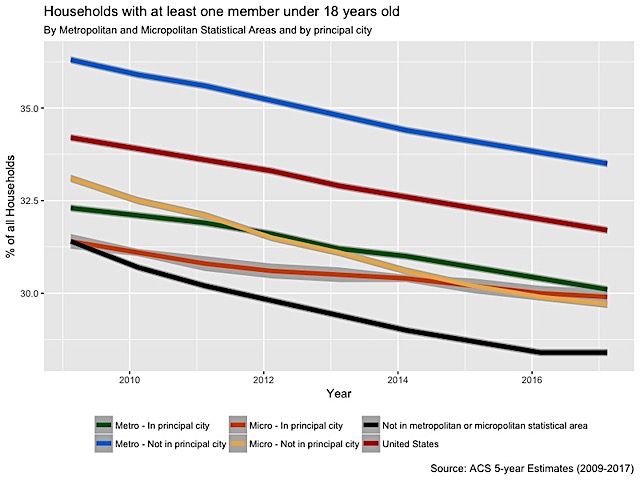- Joined
- Jun 1, 2007
- Messages
- 26,896
- Reaction score
- 40,242
God forbid I want my kids to play outside without strangers coming and going.Yes that is from many decades ago, back when such things weren't banned. So clearly its possible.
There's a unique benefit to allowing these things in suburbs because they allow aspiring entrepreneurs a way to have retail space without having to rent out a separate property. It lowers the barrier to entry for small business owners as well providing an amenity for locals.
They think of criminals and strangers because in their mind it’s the out-groups who will come to their neighborhood to patronize these stores. In reality such small stores with no parking are going to primarily service the local residents.
Once again, what you showed isn’t the suburbs. @Sinister we were agreeing I have no idea why you think I’m against mixed use development.
I can walk to literally every store you can think of from my home. There is zero reason to want a store on my street. It’s why people move from cities to mixed use areas to suburbs.


